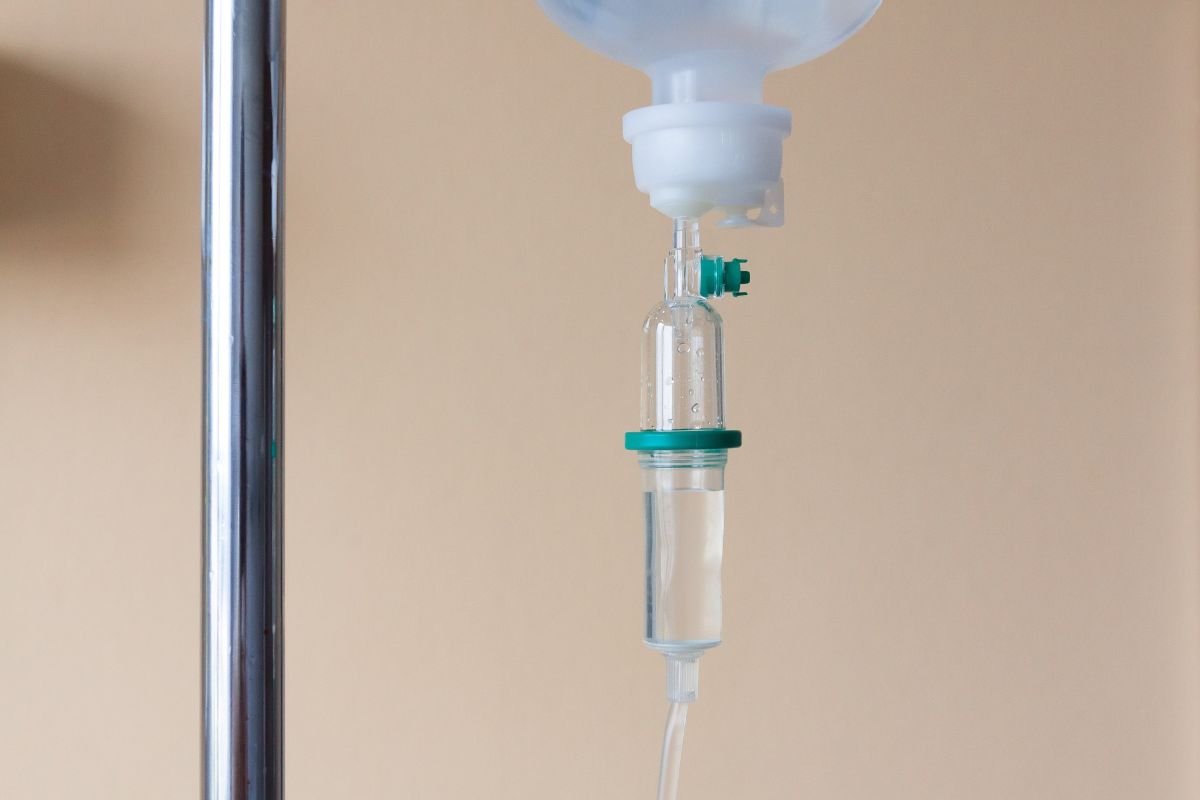First-ever hospital strike reveals strain on Healthcare System in the Netherlands
3 minute read

Ongoing negotiations between the four major medical trade unions and the government of the Netherlands have broken down, and the trade unions called for a first-ever hospital strike which took place on 20 November. During the strike, hospital staff continued to provide emergency medical care, cancer treatments, and operations on children. However, at 83 hospitals in the Netherlands, more than 200,000 health care professionals did not perform non-emergency duties.
A similar situation arose a few months ago. In July, many medical professionals participated in a labor slowdown, working “Sunday” shifts all week long. During that week, non-emergency operating rooms, nursing, and radiology departments had reduced staff or hours. It is estimated that the labor slowdown in July affected around 20,000 patients.
It’s no surprise that the unions and the government were unable to reach an agreement. In recent years, the government of the Netherlands has been striving to contain health care expenditures, which have ballooned to 80 billion euros a year. Hospitals are limited to a 1.7% annual increase in expenditures, and the most recent government agreement with health insurers calls for a 0% increase in expenditures in 2022.
The reality, however, is that increased demand drives hospital expenses up by an annual average of 2.5%. Unions are calling for a 5% wage increase in 2019, an additional allowance when healthcare employees are called to work last-minute, and agreements regarding reducing staff workloads and improving staff retention. Unions have rejected the government’s most recent offer, claiming that the value of a 4% pay increase over 36 months is offset by stopping the employer contribution to health insurance, which may cost healthcare staff hundreds of euros every year. By their calculations, the government’s offer adds up to only a 2.8% wage increase over 3 years, and they rejected it.
Of course, it’s not just healthcare costs that are increasing. In 2019, the rate of inflation in the Netherlands is about 2.6%. If wage increases are lower than that, and come with other expenses like increased health insurance costs or reduced sick pay, it’s no wonder unions are concerned about attracting new employees to the industry, and building a sustainable workforce.
Because Medvice was founded by doctors, we are deeply concerned about this breakdown in talks, and the potential impact for thousands of patients across the country. It’s clear that the rising costs of medical care must be controlled, but the government’s position of simply contractually limiting payouts to hospitals, healthcare workers, and insurance companies does not seem realistic or sustainable. Instead, we need to work together to come up with collaborative solutions, to acknowledge the reality that health care demand and expenses are increasing every year, and look for innovative ways to provide excellent care in a cost-efficient way. Medvice is working hard to be part of that solution.